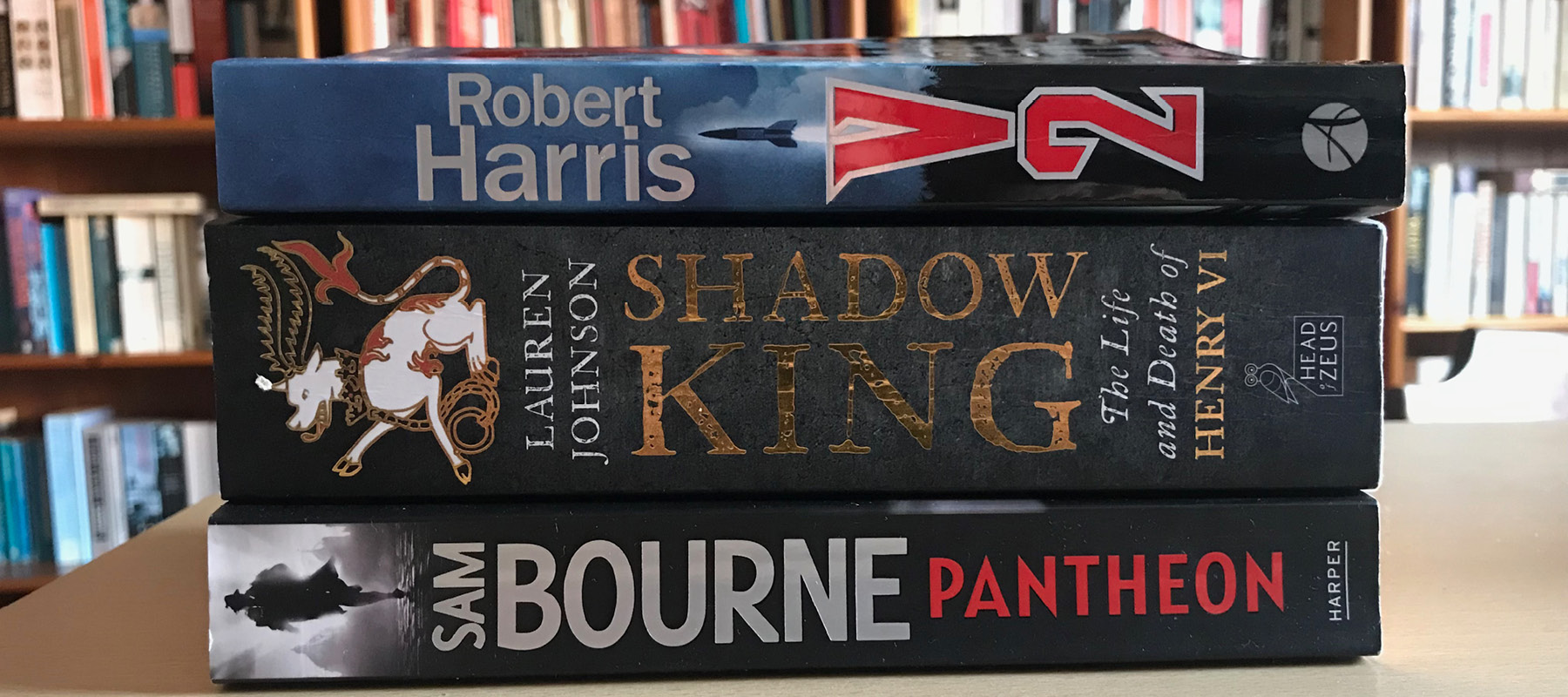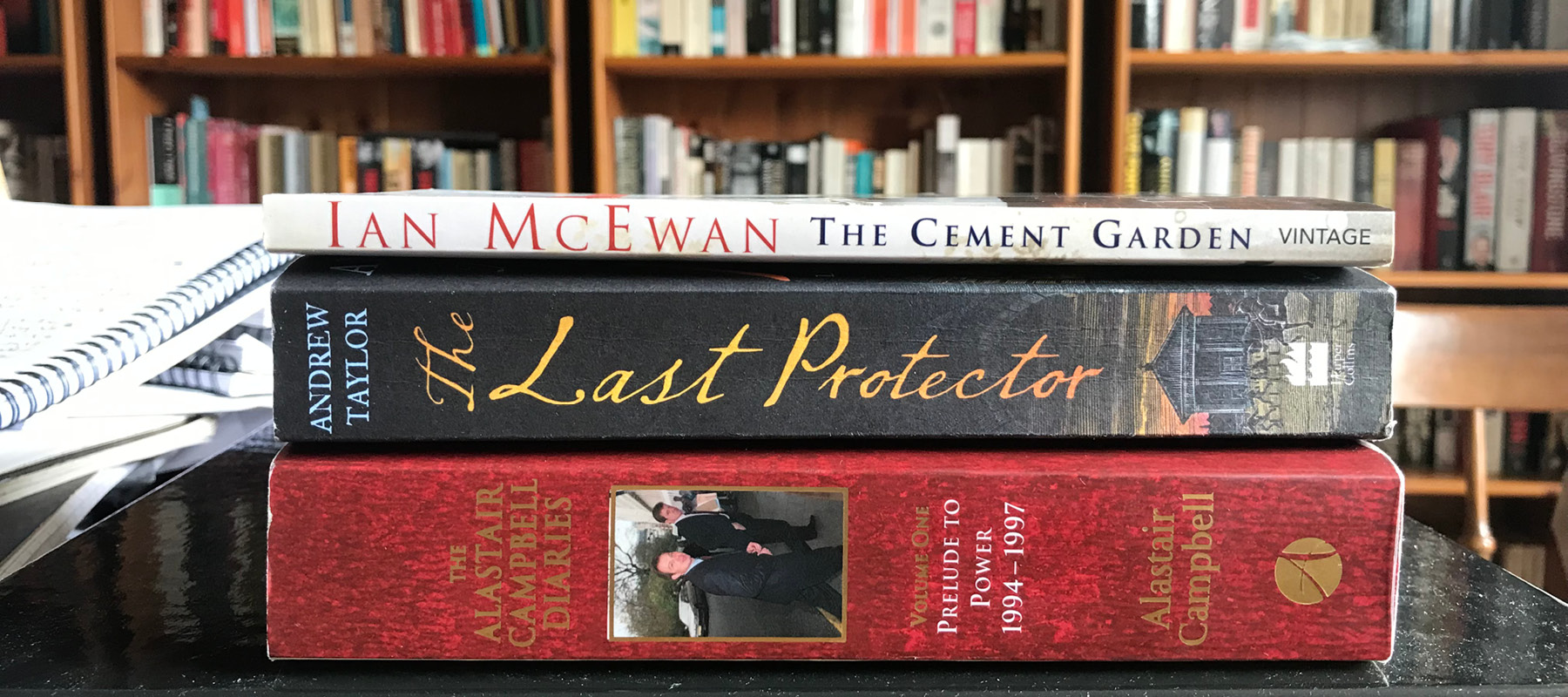Books, TV and Films, April 2022
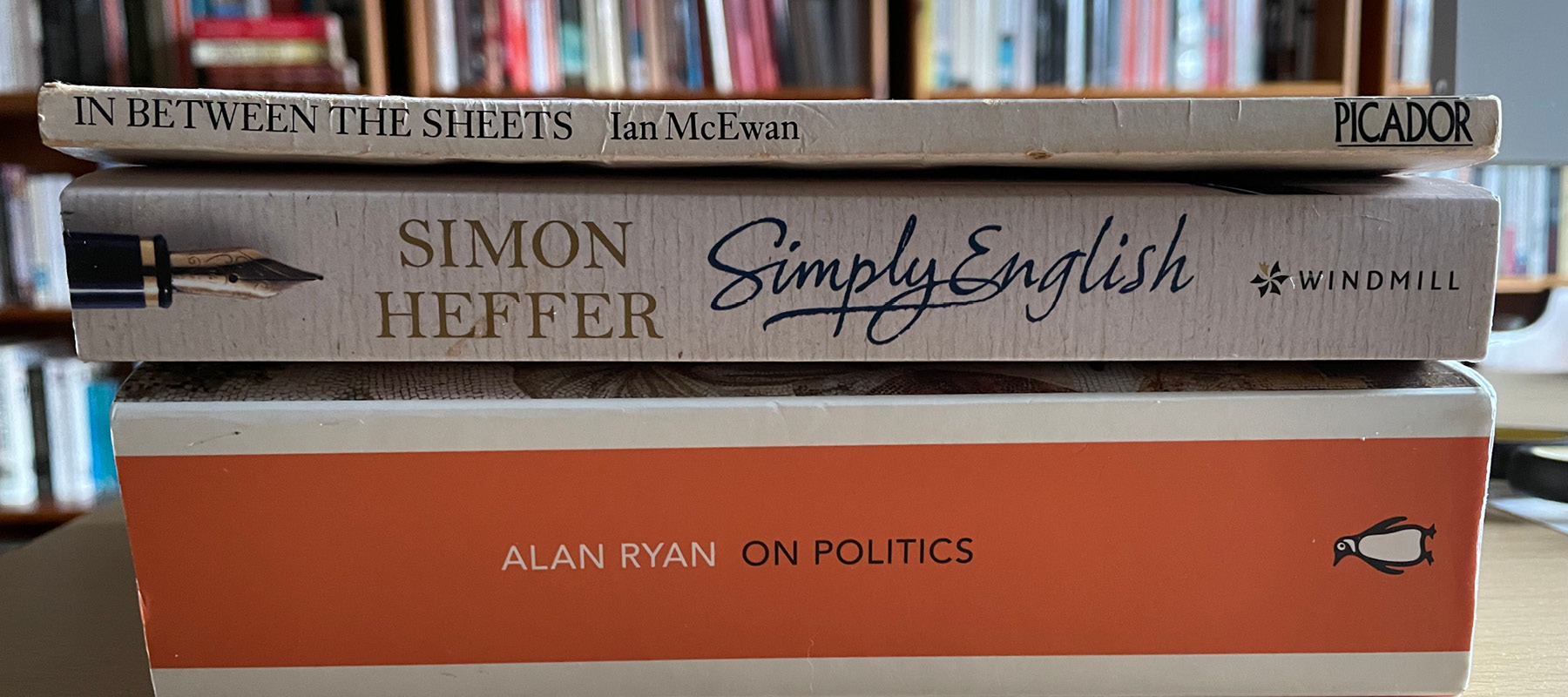
When plans for the film Ammonite, about the nineteenth-century English fossil collector and palaeontologist Mary Anning, were announced, I assumed – wrongly, as it turns out – that it would concentrate on her struggles to be recognised for her expertise and pioneering work. In fact, other than brief scenes in the British Museum that top and tail the film – a new exhibit that makes no mention of Mary’s role in finding and identifying it – the emphasis is very much on her life in Lyme Regis and a love affair with Charlotte Murchison who, though wealthy and privileged, is trapped in a stifling, loveless marriage.
Books, TV and Films, January 2022
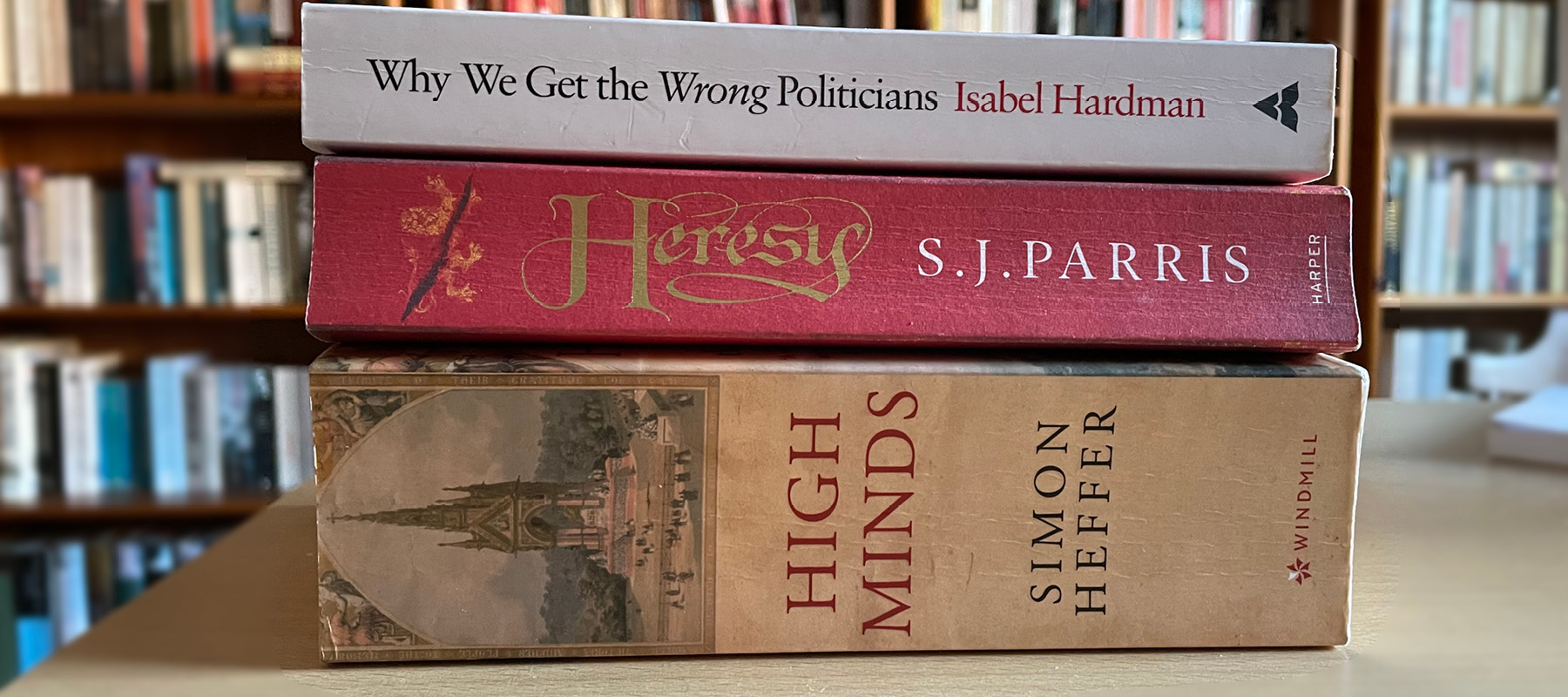
Back to the wonderful world of historical fiction to welcome in the new year. I discovered Andrew Taylor last summer. His The Last Protector, set in Restoration England, is from his Marwood and Lovett series (I also now have The Ashes of London, the first of them). Hilary Mantel’s The Mirror and the Light, the final part of her Thomas Cromwell trilogy, still awaits, and her 800-page A Place of Greater Safety, set during the French Revolution, is also on this year’s reading list. The wonderful Kate Mosse also has her latest paperback out later this month, I think, the sequel to The Burning Chambers.
Books, TV and Films, December 2021
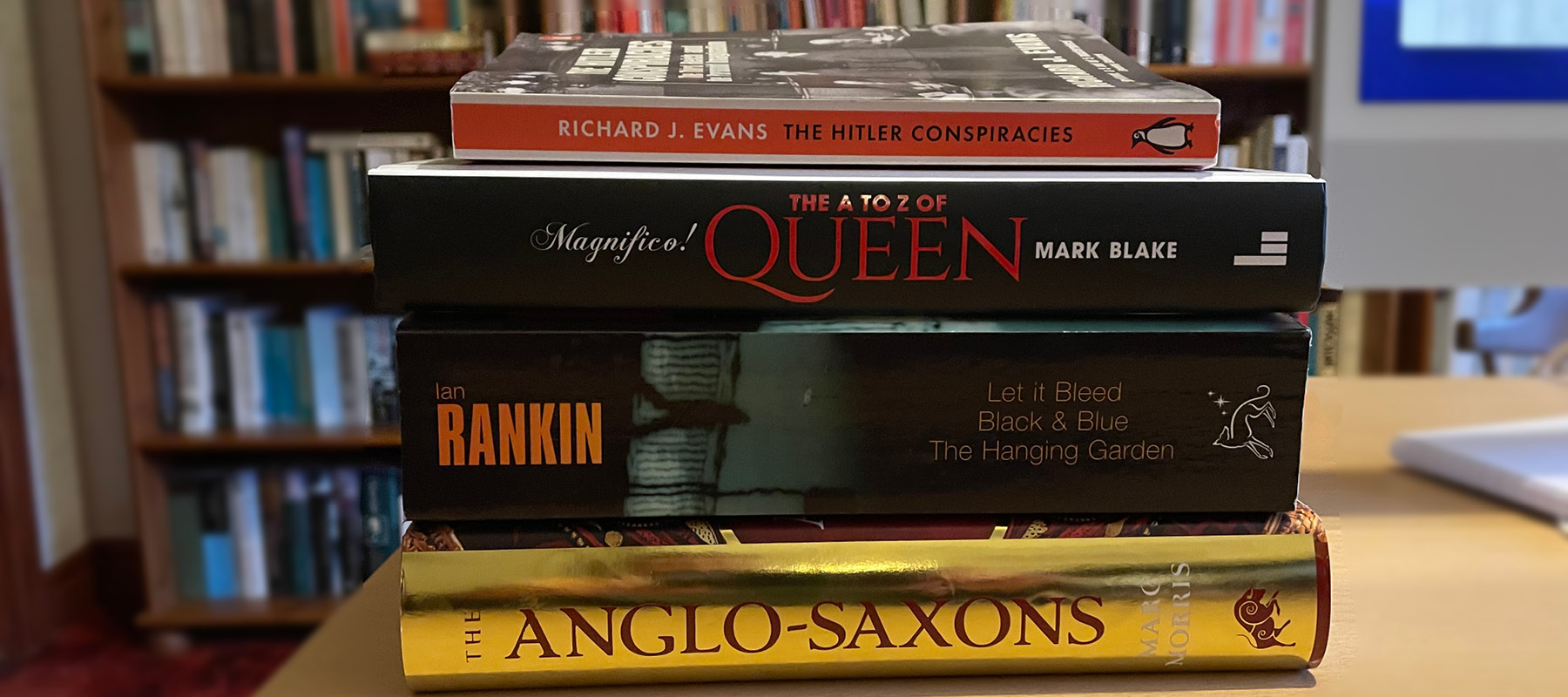
My Inspector Rebus reading journey has arrived at The Hanging Garden, originally published in 1998. The main plot line concerns an ugly turf war between rival gangsters. Hello again, ‘Big Ger’. One of the great things about following the Rebus trail is the cast of recurring characters. Big Ger is still doing time and his ascendancy is threatened by the not-at-all-pleasant Tommy Telford. Rankin takes us to even uglier places than usual (and not in a sightseeing sense) and the book doesn’t pull its punches in its portrayal of graphic violence, including the torture of Rebus himself. There is also a nice Brian de Palma, Untouchables-esque set piece involving a planned armed raid on a top-secret pharmaceutical factory.
Books, TV and Films, November 2021
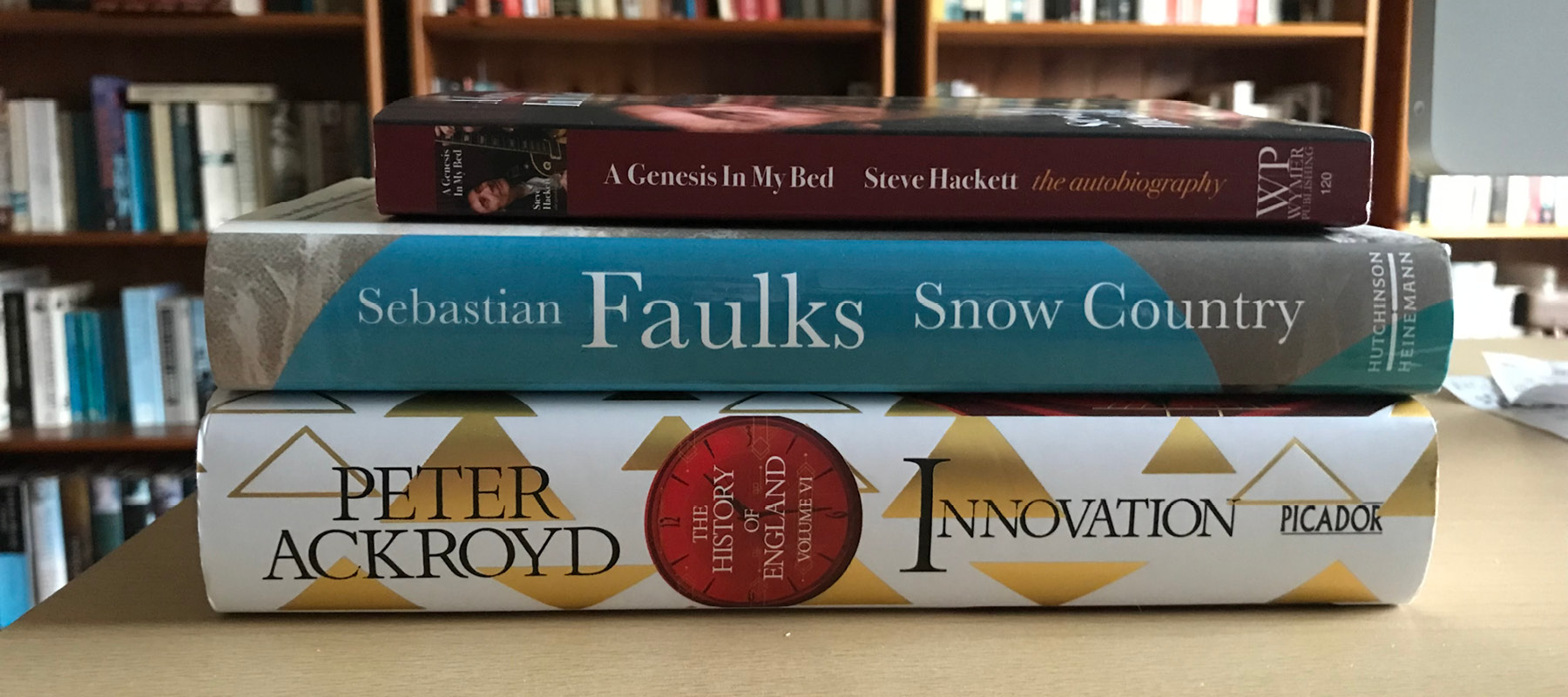
Steve Hackett played guitar in the ‘classic’ Genesis line-up of the Seventies, of course. These days I count myself as a huge fan of his solo work too. I bought his (excellent) third album, Spectral Mornings, way back when it was first released in 1979, having been enchanted by the song Every Day. But I have only really got to know his solo stuff in the last few years, taking a chance on a 2017 album, The Night Siren, after which I picked up a cheap collection of five of his mid-career releases. His recent output — in terms of both quantity and quality — is phenomenal. In fact, unlike most late-in-their-career artists, he is currently producing the best music of his life.
Books, TV and Films, September 2021

3 September As I become more and more disillusioned with day-to-day politics — whether it is the rigidity and staleness of politicians constantly reciting ‘the party line’ or the rise of political lying as an art form and the failure of both parliament and…
“Don’t look at the eyes, Rex!”: Comparing The Devil Rides Out Book and Film

Don’t look at the eyes, Rex!
Books, TV and Films, June 2021
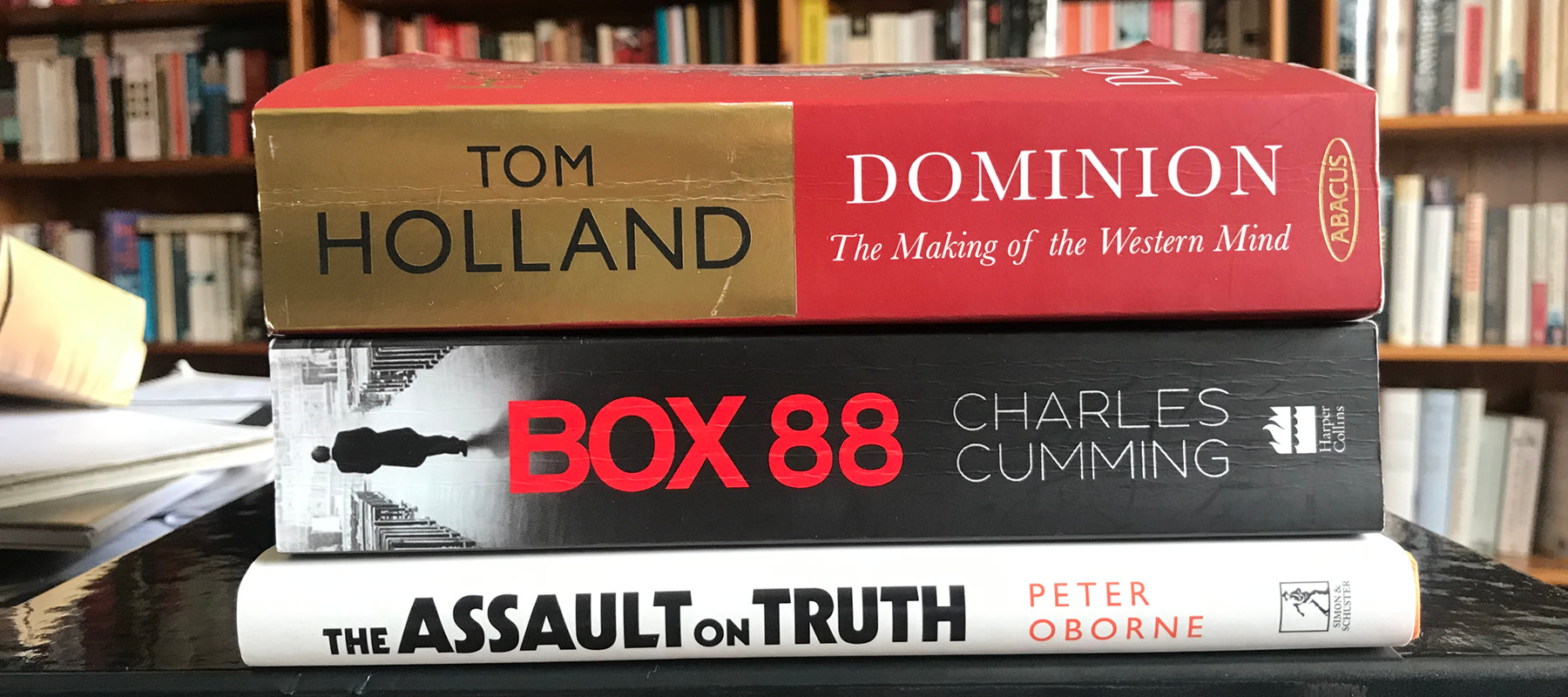
If Carlsberg did books, they would probably publish something like Tom Holland’s Dominion: The Making of the Western Mind. This is a BIG book — big in scale and scope, big in ambition, big in subject matter. In lager terms, much more of a flagon than a pint…

